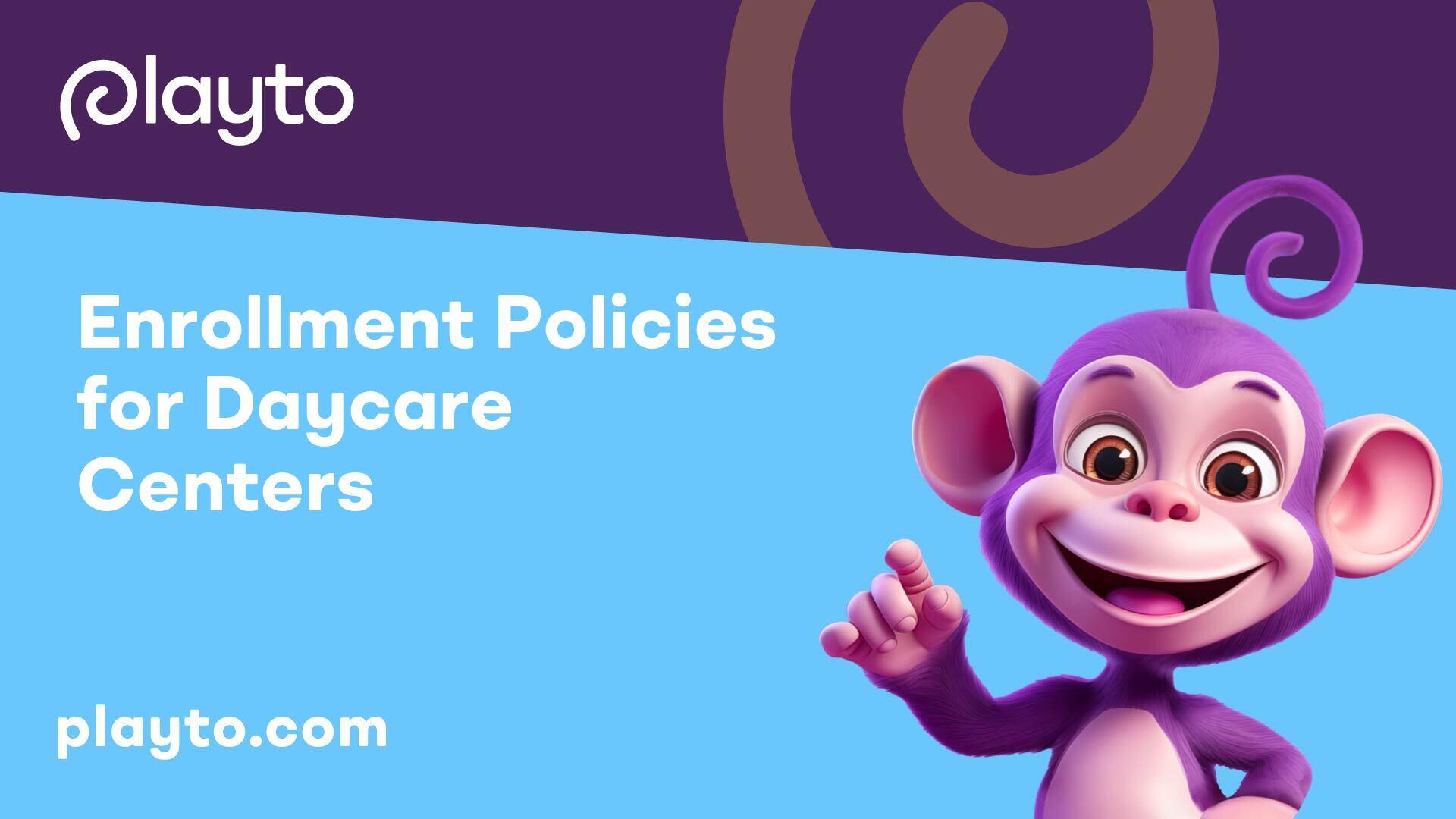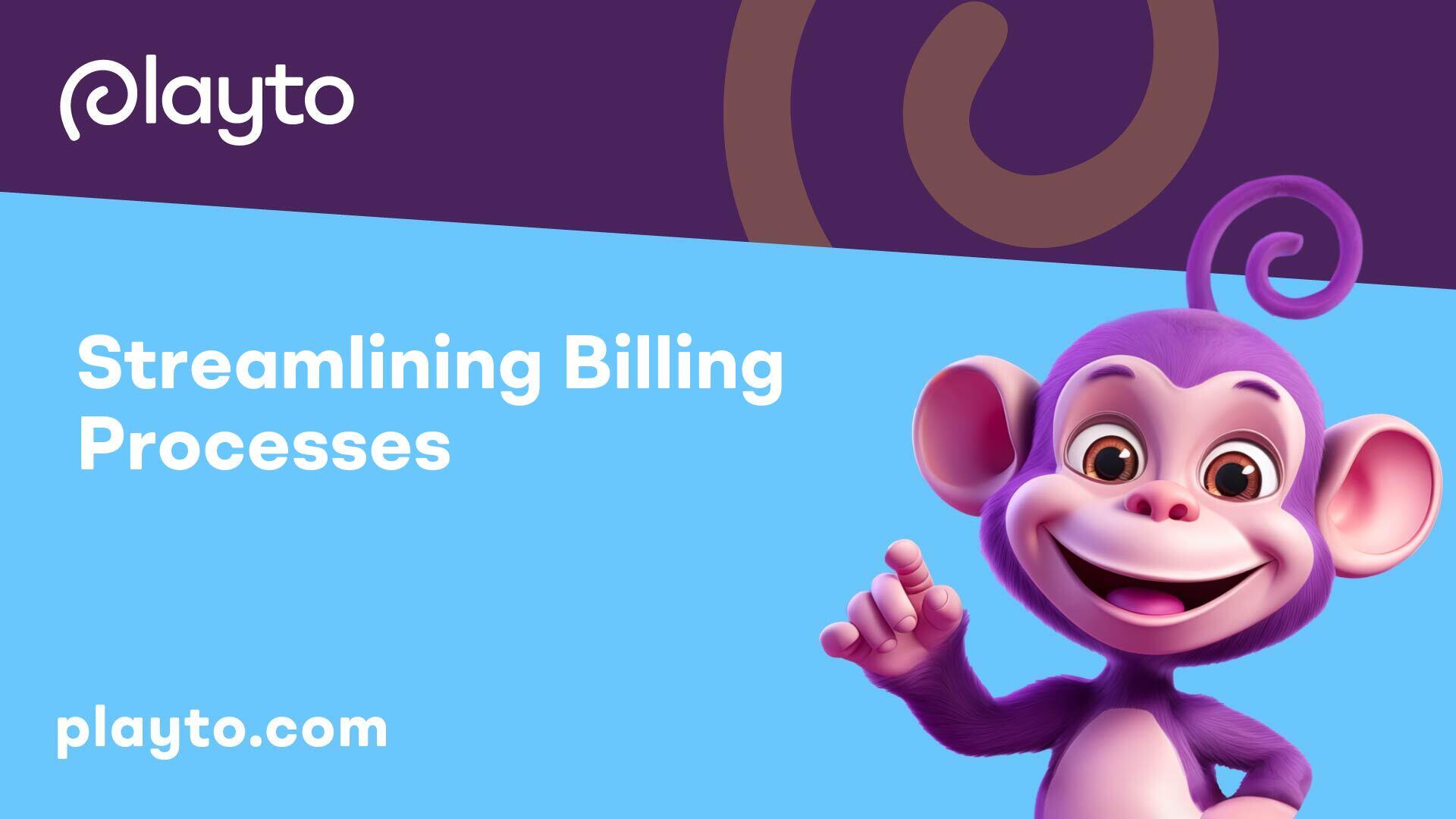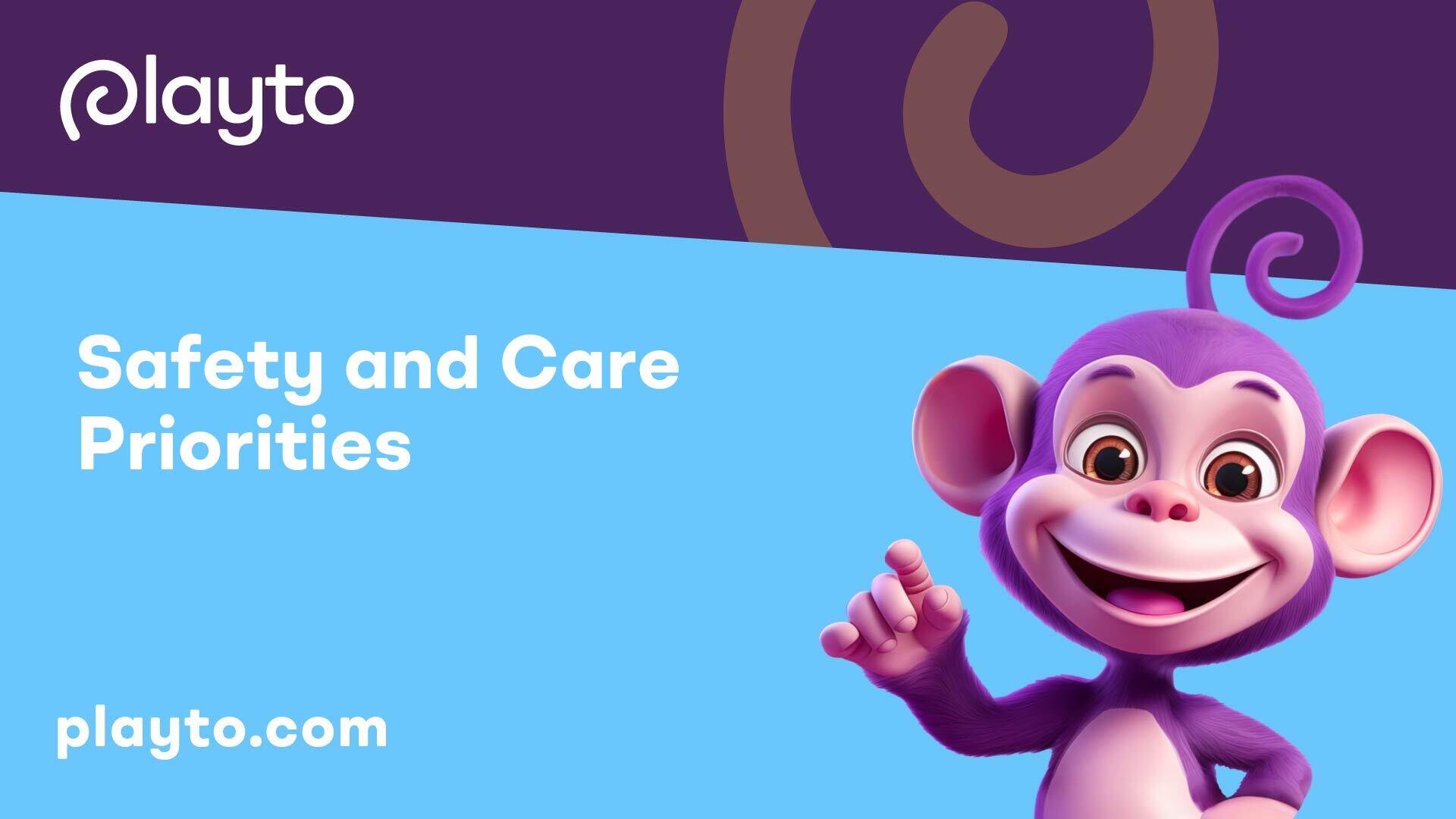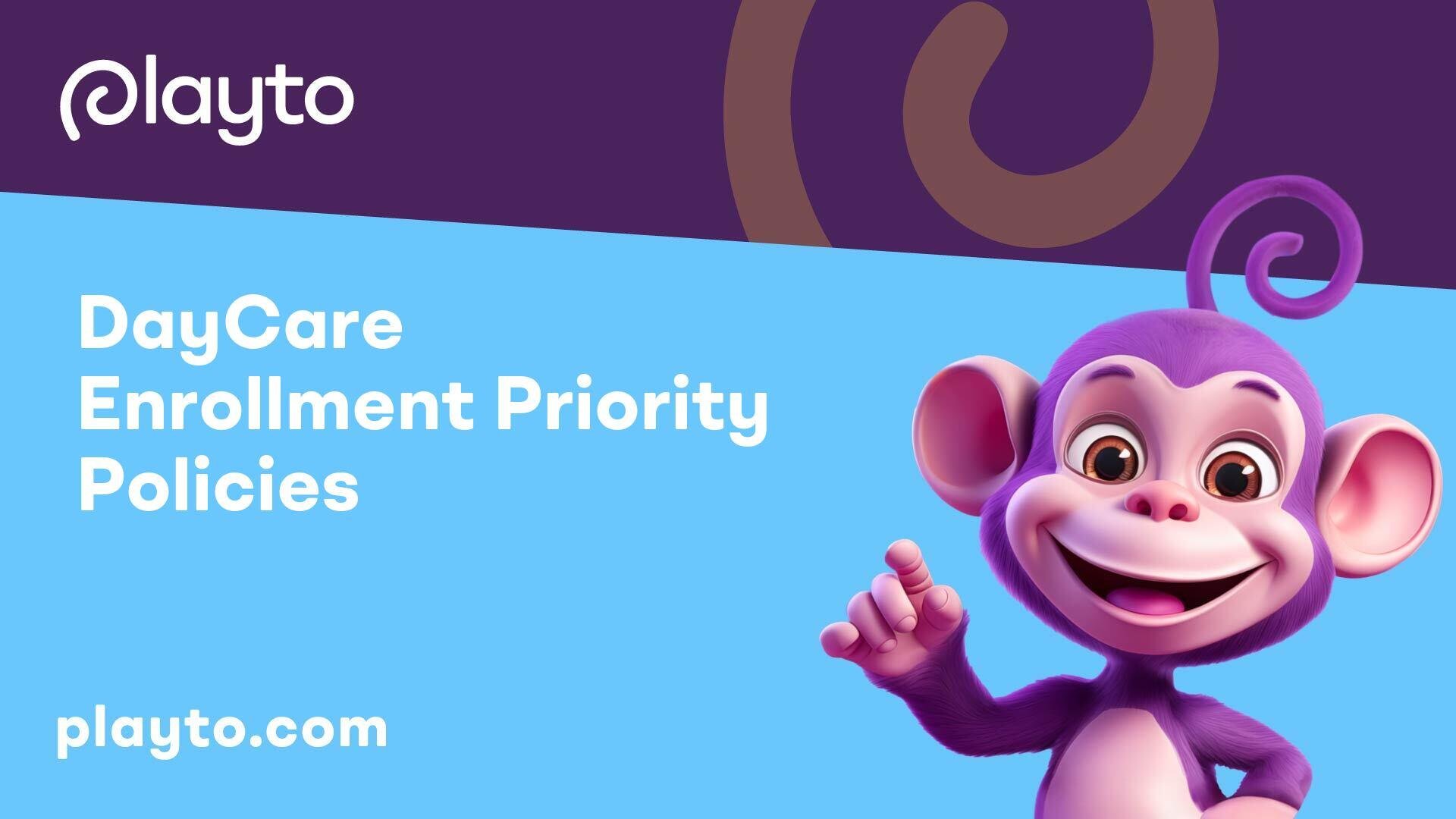
Enrollment Policies for Daycare Centers
Establishing and adhering to clear enrollment policies is fundamental to the successful operation of daycare centers, particularly in a bustling city like New York. These policies not only set expectations for parents but also play a vital role in retaining families and ultimately increasing enrollment. By effectively addressing parent inquiries and adapting based on feedback, daycare centers can optimize their enrollment processes and create a positive experience for families.
Importance of Enrollment Policies
Child care enrollment policies are pivotal in not only attracting new families but also in retaining existing ones. These policies serve as a guide for parents, outlining important information such as registration requirements, fee structures, and attendance expectations. By clearly defining these aspects, daycare centers can set a standard for communication and professionalism, fostering trust and confidence among families.
Regularly reviewing and updating enrollment policies based on past inquiries, like waitlist questions, can help centers stay responsive to parent needs and preferences. This proactive approach demonstrates a commitment to transparency and client satisfaction, which can lead to increased enrollment and positive word-of-mouth referrals.
Strategies for Increasing Enrollment
One strategy for boosting enrollment is to offer priority placement to families with a child already enrolled in the program. This incentive not only acknowledges the loyalty of existing families but also encourages them to continue their childcare journey within the center [1]. Clear and detailed policies around enrollment criteria and priority placement can influence families' decisions to remain with the daycare or explore other options.
Efficient and streamlined registration processes can also contribute to increased enrollment. By optimizing the admission process and providing quick and convenient registration options for parents, daycare centers can enhance the overall experience for families. Strategic timing of the application and enrollment cycle is key in managing available spots effectively and optimizing operational efficiency.
In conclusion, well-defined enrollment policies and strategic enrollment management are essential components for the success and growth of daycare centers in New York. By implementing clear policies, offering priority enrollment incentives, and streamlining the registration process, daycare centers can create a welcoming environment for families and ensure a positive experience for both parents and children.

Developing Comprehensive Handbooks
When it comes to daycare centers, having well-developed handbooks is essential to provide clear guidance and information to parents and caregivers. These handbooks, available in both physical and digital formats, serve as crucial resources for families seeking enrollment in daycare facilities.
Physical and Digital Guides
Child care centers are advised to develop a physical and digital handbook of policies to set clear expectations for families regarding the operation of the center and what they can expect while their child is in care [1]. By offering both physical copies for easy reference and digital versions for convenient access, parents can access important information at their convenience.
Physical handbooks can be distributed during initial visits or orientations, allowing parents to have a tangible resource to refer to. On the other hand, digital guides can be easily shared via email or accessed on the daycare center's website, ensuring that the information is readily available at any time.
Content to Include
When creating comprehensive handbooks for daycare centers, the content should cover a range of crucial topics to address the needs and concerns of parents. Some essential elements to include in these handbooks are:
- Policies: Clearly outline the daycare's policies on matters such as fees, schedules, sick children, vacation time, and any other expectations for parents.
- Program Information: Detail the daily schedule, curriculum, activities, and special events that children will participate in at the center.
- Mission Statements: Communicate the core values and principles that guide the daycare center's approach to early childhood education and care.
- Meal Offerings: Provide information on meal plans, dietary restrictions, and nutrition policies followed by the center.
- Field Trip Policies: Explain the procedures and guidelines for off-site excursions, ensuring parents are informed about these enriching experiences.
By compiling all this information in a structured and easily accessible format, daycare centers can foster transparent communication with parents, build trust, and set clear expectations for both parties. Maintaining up-to-date handbooks that reflect the center's operations and priorities is integral to creating a supportive and informed environment for families and caregivers.

Streamlining Billing Processes
Efficient billing processes are crucial for the seamless operation of daycare centers and the satisfaction of families navigating the enrollment journey. By embracing flexible billing practices and leveraging child care management systems, daycare centers in New York can streamline their billing processes to enhance the enrollment experience for parents.
Importance of Flexible Billing
Implementing a flexible billing process in daycare centers plays a pivotal role in accommodating the diverse needs of families. Flexible billing options allow parents to choose payment methods that align with their financial circumstances, making the enrollment process more accessible and user-friendly. By offering flexible payment schedules, multiple payment gateways, and automated payment reminders, daycare centers can foster a transparent and supportive financial environment for families.
Child Care Management Systems
Child care management systems are invaluable tools for daycare centers seeking to optimize their billing processes and enrollment management. These systems not only streamline administrative tasks but also assist in managing unique billing situations and automating payment reminders. By centralizing billing information, these systems enable daycare staff to efficiently track payments, issue invoices, and generate financial reports.
Moreover, child care management systems can enhance the overall efficiency of daycare operations by integrating billing processes with enrollment management. This integration allows centers to predict available spots, allocate resources effectively, and optimize scheduling. By embracing technology-driven solutions, daycare centers in New York can elevate the enrollment experience, reduce administrative burdens, and improve overall parent satisfaction.
By prioritizing flexible billing practices and leveraging innovative child care management systems, daycare centers can foster a supportive and efficient financial environment, ultimately enhancing the enrollment process for families in New York. Utilizing tools like Winnie can further optimize the admission process, ensuring transparency and user-friendliness while contributing to the overall success of daycare centers.

Marketing Strategies for Daycare
In the competitive landscape of daycare enrollment, effective marketing strategies play a crucial role in attracting families and increasing enrollment numbers. Daycare centers in New York can benefit from well-planned advertising strategies and enticing incentives for families.
Advertising Plans
To reach a wider audience and create awareness about the daycare services offered, it is essential for daycare providers to develop comprehensive advertising plans. Leveraging multiple communication channels such as social media platforms, flyers, newspaper ads, and community bulletin boards can help in reaching prospective families. By utilizing a mix of traditional and digital marketing strategies, daycare centers can effectively target different segments of the population and highlight their unique selling points.
By investing in targeted advertising campaigns, daycare centers can showcase their facilities, educational programs, and engaged staff, thereby distinguishing themselves in the highly competitive daycare market in New York. Providing a clear message about the center's values, curriculum, and safety measures can instill trust and confidence in parents seeking reliable childcare options for their children.
Incentives for Families
Offering appealing incentives can make a daycare program more competitive and appealing to families, ultimately influencing their decision to enroll their children. Financial incentives, special pricing, discounts, and gift cards are effective tools to attract parents and increase enrollment rates. By providing cost-saving options or bonuses for early registration or referrals, daycare centers can incentivize families to choose their services over competitors.
Moreover, creating loyalty programs or discounts for siblings can encourage families to enroll multiple children in the same daycare center, fostering a sense of convenience and continuity in childcare arrangements. These incentives not only benefit families by easing their financial burden but also showcase the daycare center's commitment to supporting and valuing its enrolled families.
By incorporating strategic marketing plans and attractive incentives, daycare providers in New York can enhance their visibility, appeal to a broader audience, and ultimately drive enrollment growth. These marketing strategies, coupled with a focus on quality care and educational offerings, can position daycare centers as trusted partners in nurturing the growth and development of young children in the community.

Safety and Care Priorities
Ensuring a safe and nurturing environment is paramount in infant daycare programs. Safety measures, proper caregiver qualifications, and adherence to specific standards are essential components of providing high-quality care for infants.
Infant Daycare Safety
Safety protocols in infant daycare facilities are comprehensive and meticulous. Measures include consistent supervision, safe play areas, clear communication with parents, and strict adherence to safety policies and practices. These practices may encompass staff-to-child ratios, thorough background checks for caregivers, well-rehearsed emergency procedures, and stringent sanitation practices to minimize health risks.
Ensuring a safe environment for infants goes beyond physical safety. Caregivers are trained to be vigilant and responsive to the unique needs and vulnerabilities of infants. Regular safety assessments, proper equipment maintenance, and emergency preparedness drills are crucial aspects of maintaining a secure environment for the little ones in daycare.
Caregiver Qualifications
Qualified caregivers form the backbone of any infant daycare center. It is imperative that caregivers possess the necessary qualifications and skills to provide attentive and competent care to infants. Central to caregiver qualifications are robust training, education in early childhood development, and the ability to identify and respond to signs of distress or discomfort in infants.
When selecting an infant daycare facility, it is essential to look for caregivers with relevant certifications, including state licenses, basic first aid training, and CPR certification specifically tailored for infants. These qualifications not only demonstrate the caregiver's commitment to the well-being of the children under their care but also ensure that they can respond effectively in case of emergencies [3].
By prioritizing infant daycare safety and caregiver qualifications, daycare centers create a supportive and secure environment where infants can thrive and grow under the watchful care of dedicated and skilled professionals. Parents can have peace of mind knowing that their little ones are in safe hands while receiving the attention and care they need during this critical stage of development.
Communicating Expectations
Effective communication is a cornerstone of successful daycare operations, particularly when it comes to setting clear expectations for both parents and caregivers. Transparent policies and clear communication foster trust and collaboration between all parties involved in the daycare community.
Transparent Policies
Developing and maintaining transparent policies is essential for creating a supportive and trusting environment within the daycare center. Transparent policies outline the rules, regulations, and standards that guide the operation of the daycare. These policies should be easily accessible to parents and caregivers, helping them understand the expectations and procedures in place.
By establishing transparent policies regarding behavior management, infant care, multi-age grouping, and toilet training, daycare centers can ensure consistency in practices and promote a safe and nurturing environment for children. Transparency also extends to financial policies, enrollment procedures, and safety protocols, giving families peace of mind and clarity on how the daycare operates.
Clear Communication
In addition to having transparent policies, clear communication is vital for maintaining strong relationships between daycare staff and families. Open lines of communication provide opportunities for parents to voice their concerns, ask questions, and receive timely updates on their child's well-being and development.
Effective communication strategies include regular newsletters, informative meetings, and one-on-one discussions between caregivers and parents. By keeping families informed about their child's progress, daily activities, and any changes within the daycare, caregivers can build trust and strengthen the partnership between home and daycare.
Furthermore, Virtual Lab School emphasizes that communication with families is crucial for establishing a strong partnership that supports children's development and school readiness. By sharing information respectfully, maintaining confidentiality, and collecting relevant family and child information, daycare centers can create a welcoming and inclusive environment for all families.
By prioritizing transparent policies and clear communication practices, daycare centers can cultivate a positive atmosphere that promotes collaboration, understanding, and trust among parents, caregivers, and children. Encouraging open dialogue and fostering a supportive community ultimately contributes to the overall success and well-being of all individuals involved in the daycare experience.
Educational Benefits of Daycare
As parents in New York consider daycare options, it's essential to recognize the significant educational benefits that daycare can offer young children. Daycare environments play a crucial role in cognitive development and social skills enhancement, preparing children for their educational journey ahead.
Cognitive Development
Research from the Chicago Pediatric Therapy & Wellness Center highlights that children who attend daycare have a head start in academic readiness, showing a better understanding of numbers and letters as they transition to primary school. Daycare centers are structured to engage children in activities that foster linguistic and cognitive skills, as well as fine motor abilities. These early learning opportunities in daycare lay a solid foundation for future academic success.
Daycare centers provide a stimulating environment where children engage in educational and play-based activities that promote cognitive growth. Through interactive experiences and exposure to educational materials, children develop problem-solving skills, critical thinking abilities, and a curiosity for learning that will benefit them throughout their academic journey.
Social Skills Enhancement
In addition to cognitive development, daycare plays a vital role in enhancing social skills for children in New York. Exposure to diverse social situations at daycare facilities, as mentioned by the Chicago Pediatric Therapy & Wellness Center, allows children to interact with peers and adults, improving their social development and resilience over time.
Daycare settings encourage collaboration, communication, and conflict resolution among children, fostering essential social skills from a young age. These interactions help children build confidence, empathy, and the ability to navigate various social dynamics effectively. By engaging in group activities, children learn how to share, take turns, and work cooperatively, skills that are fundamental for success in school and beyond.
As parents explore daycare options in New York, understanding the educational benefits, especially in terms of cognitive development and social skills enhancement, can guide their decision-making process. Daycare not only provides a supportive and engaging environment for children but also contributes significantly to their overall growth and development during these formative years.
Parental Involvement in Daycare
Parental involvement in daycare plays a crucial role in shaping a child's educational journey and overall development. It fosters a collaborative partnership between parents and educators, creating a supportive environment that benefits not only the child but the entire daycare community.
Impact on Education
Research indicates that parental involvement in early childhood education has a significant impact on various aspects of a child's growth, including behavior, cognitive achievement, and emotional well-being [4]. Children whose parents are actively engaged in their daycare experience tend to exhibit improved behavior, higher academic performance, and enhanced social skills. This active participation sets the stage for future educational success and provides a strong foundation for learning and development.
Creating a Supportive Environment
Daycare programs thrive when there is strong parental participation. This involvement not only benefits the child but also contributes to creating a welcoming and inclusive environment within the daycare setting. By actively engaging with parents, daycare providers can strengthen the sense of community, enhance the quality of care and education provided, and promote a collaborative partnership that maximizes the benefits of parent participation [4].
Encouraging parental involvement goes beyond mere participation; it involves establishing two-way communication channels, sharing resources and information, and fostering a supportive relationship between educators and families. By working together, parents and daycare providers can create a supportive environment that nurtures the child's educational journey, promotes positive attitudes towards learning, and provides emotional and social support crucial for the child's overall well-being.
As parents actively engage in their child's daycare experience, they contribute not only to their child's individual growth but also to the broader educational community. By embracing parental involvement, daycare centers can create a collaborative partnership that benefits everyone involved – from the child taking their first steps in education to the educators guiding them along the way. For more insights on the impact of parental involvement in daycare policy, read our article on daycare policies on parent involvement.
References
[1]: https://www.vancopayments.com/child-care/blog/childcare-enrollment
[2]: https://winnie.com/resources/
[3]: https://smartkidschildcare.com/infant-daycare-priorities-safety-qualifications-care/
[4]: https://www.playto.com/blog/daycare-policies-on-parent-involvement
